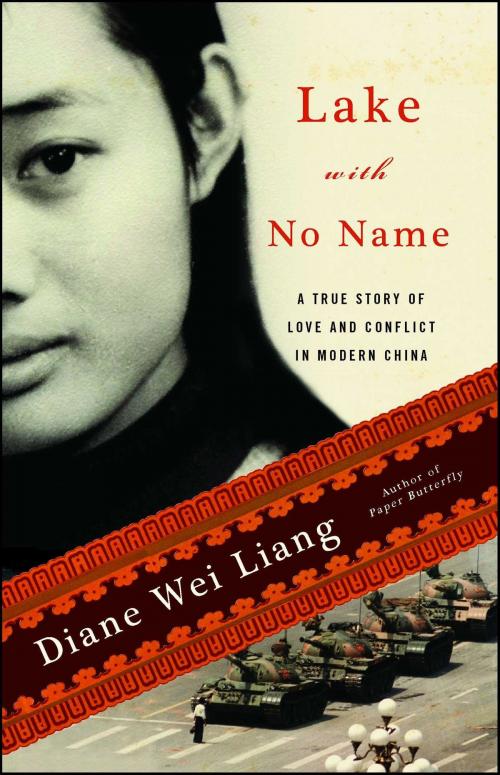| Author: | Diane Wei Liang | ISBN: | 9781439150528 |
| Publisher: | Simon & Schuster | Publication: | June 2, 2009 |
| Imprint: | Simon & Schuster | Language: | English |
| Author: | Diane Wei Liang |
| ISBN: | 9781439150528 |
| Publisher: | Simon & Schuster |
| Publication: | June 2, 2009 |
| Imprint: | Simon & Schuster |
| Language: | English |
Beijing University, 1986. The Communists were in power, but the Harvard of China was a hotbed of intellectual and cultural activity, with political debates and "English Corners" where students eagerly practiced the language among themselves. Nineteen-year-old Wei had known the oppressive days of the Cultural Revolution, having grown up with her parents in a work camp in a remote region of China. Now, as a student, she was allowed to immerse herself in study and spend her free hours writing poetry -- that bastion of bourgeois intellectualism -- beside the Lake with No Name at the center of campus. It was there that Wei met Dong Yi.
Although Wei's love was first subsumed by the deep friendship that developed between them, it smoldered into a passionate longing. Ties to other lovers from their pasts stood always between them as the years passed and Wei moved through her studies, from undergraduate to graduate. Yet her relationship with Dong Yi continued to deepen as each season gave way to the next.
Amid the would-be lovers' private drama, the winds in China were changing, and the specter of government repression loomed once again. By the spring of 1989, everything had changed: student demands for freedom and transparency met with ominous official warnings of the repercussions they would face. The tide of student action for democracy -- led by young men and women around the university, including Dong Yi -- inexorably pushed the rigid wall of opposition, culminating in the international trauma at Tiananmen Square.
On June 4, 1989, tanks rolled into the square and blood flowed on the ancient city streets. It was a day that would see the end of lives, dreams -- and a tortuous romance between two idealistic spirits. Lake with No Name is Diane Wei Liang's remembrance of this time, of her own role in the democratic movement and of the friends and lovers who stood beside her and made history on that terrible day.
Beijing University, 1986. The Communists were in power, but the Harvard of China was a hotbed of intellectual and cultural activity, with political debates and "English Corners" where students eagerly practiced the language among themselves. Nineteen-year-old Wei had known the oppressive days of the Cultural Revolution, having grown up with her parents in a work camp in a remote region of China. Now, as a student, she was allowed to immerse herself in study and spend her free hours writing poetry -- that bastion of bourgeois intellectualism -- beside the Lake with No Name at the center of campus. It was there that Wei met Dong Yi.
Although Wei's love was first subsumed by the deep friendship that developed between them, it smoldered into a passionate longing. Ties to other lovers from their pasts stood always between them as the years passed and Wei moved through her studies, from undergraduate to graduate. Yet her relationship with Dong Yi continued to deepen as each season gave way to the next.
Amid the would-be lovers' private drama, the winds in China were changing, and the specter of government repression loomed once again. By the spring of 1989, everything had changed: student demands for freedom and transparency met with ominous official warnings of the repercussions they would face. The tide of student action for democracy -- led by young men and women around the university, including Dong Yi -- inexorably pushed the rigid wall of opposition, culminating in the international trauma at Tiananmen Square.
On June 4, 1989, tanks rolled into the square and blood flowed on the ancient city streets. It was a day that would see the end of lives, dreams -- and a tortuous romance between two idealistic spirits. Lake with No Name is Diane Wei Liang's remembrance of this time, of her own role in the democratic movement and of the friends and lovers who stood beside her and made history on that terrible day.















